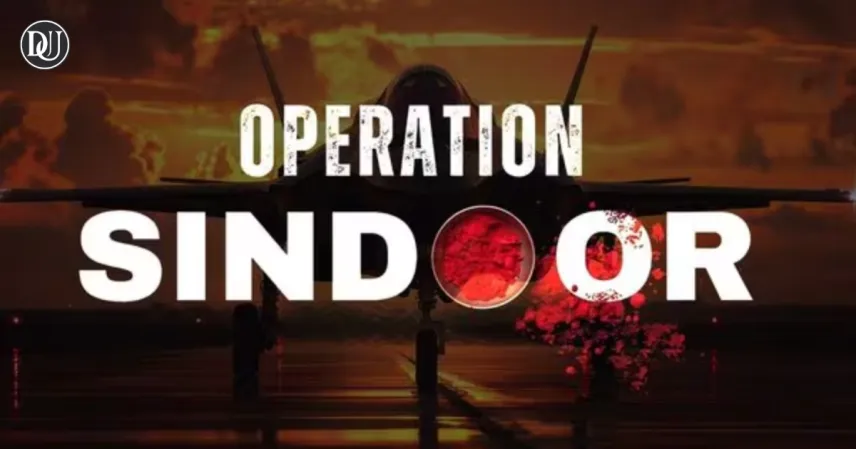🇮🇳 Introduction
In the wake of the tragic Pahalgam terror attack, Prime Minister Narendra Modi delivered a resolute message to the nation, emphasizing India’s firm stance against terrorism. Operation Sindoor, launched in response to the attack, signifies a pivotal shift in India’s counter-terrorism strategy, showcasing the country’s determination to safeguard its citizens and uphold national integrity.
⚔️ Operation Sindoor: A Turning Point
Operation Sindoor was initiated as a direct retaliation to the Pahalgam terror attack, which claimed innocent lives, including that of a foreign national. The operation targeted terror hubs across the border, resulting in the elimination of a significant number of militants. This decisive action demonstrated India's capability and willingness to confront threats head-on.
🗣️ PM Modi's Emphatic Message
In his address, PM Modi praised the bravery of the Indian armed forces and delivered a strong warning to those who threaten peace. He declared, "Every terrorist now knows what is the price of removing the sindoor of women," symbolizing the cost of disrupting the lives and dignity of Indian citizens. His words resonated deeply across the nation, stirring emotions and strengthening public morale.
🔐 A New Doctrine in Counter-Terrorism
Operation Sindoor represents a landmark shift in India's approach to national security. It signals a new doctrine—one of preemptive, unyielding resistance to acts of terror. The operation not only neutralized threats but also sent a clear message: India will act swiftly and powerfully to defend its people and its borders.
🌍 Global Implications and Future Outlook
India’s assertive response has drawn attention globally. Operation Sindoor underscores India's evolving defense policies and its intent to take bold action when provoked. As India continues to modernize its military and intelligence capabilities, such operations could define its global image as a strong and decisive nation.
✅ Conclusion
Operation Sindoor is not just a counterattack—it is a statement. A statement that India will not tolerate violence against its people, and that any attack will be met with fierce retaliation. PM Modi’s powerful message and the swift military response reflect a new chapter in India's fight against terrorism—one driven by strength, clarity, and purpose.
📢 Call-to-Action:
Follow us for more updates on India’s defense strategies, geopolitical developments, and inspiring stories of national resilience. Stay informed. Stay secure.










